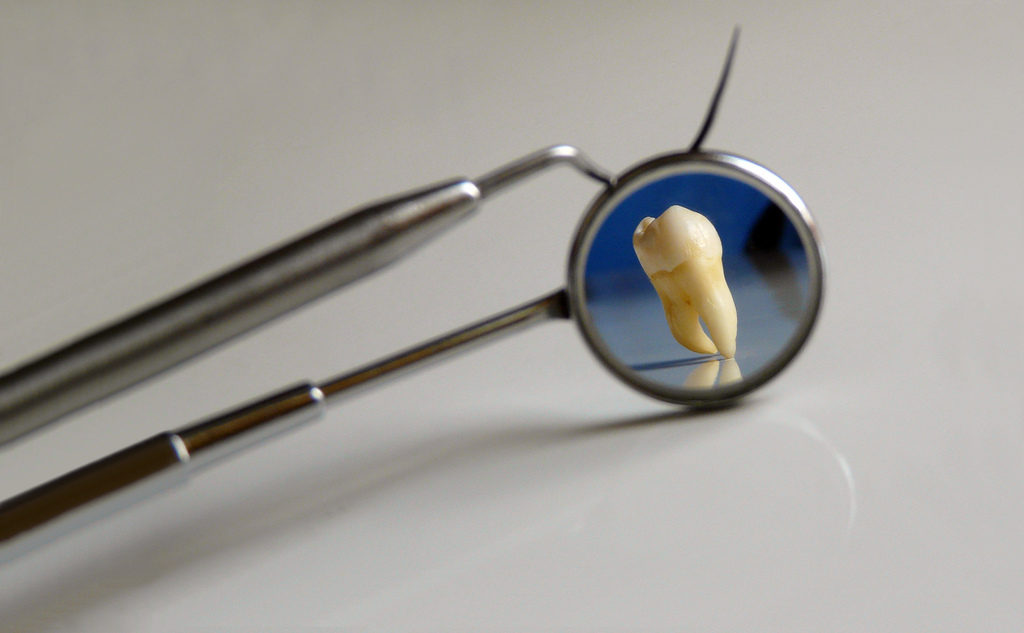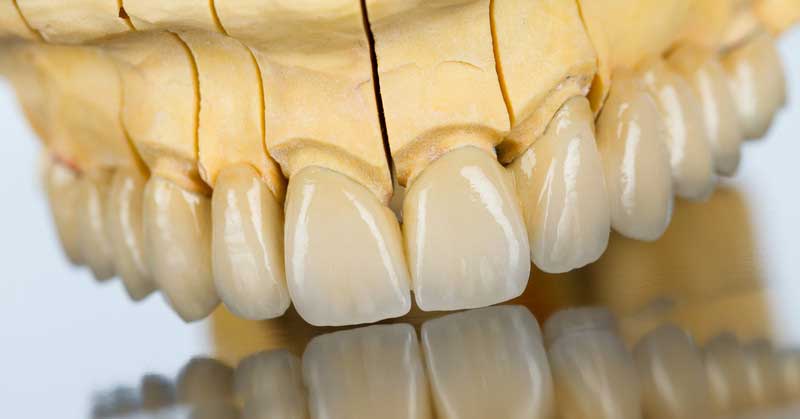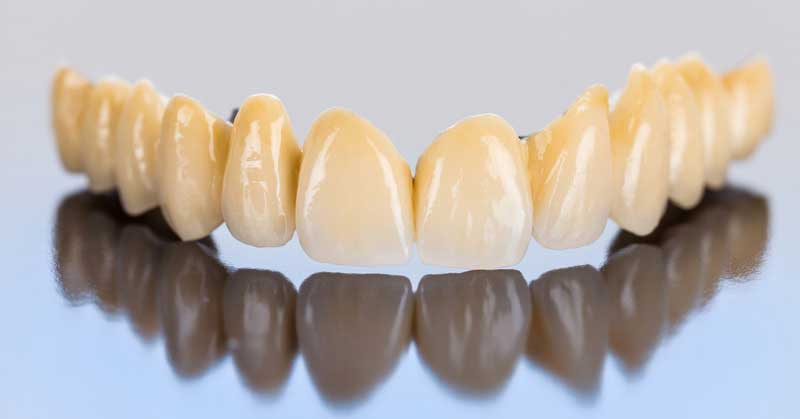Think of your teeth as a great wall. If one or more pieces of the wall are missing, it allows a place for foreign intruders to enter. In this case the intruders could be bacteria, which can lead to other problems and be very uncomfortable. Your local medical or dental professional can assist you through the procedure of dental implants to bring your smile back. Whether you were struck, involved in an accident or altercation, or just have a bad tooth, there are several reasons why you should always make sure your “wall of teeth” are kept in tact.
Shifting Teeth
When a tooth is missing, it can cause the teeth around the missing tooth socket to shift. They will start to grow in more crooked and this can alter your bite and have lasting consequences. Your top jaw and bottom jaw will also fall out of alignment, which can lead to TMJ Syndrome. Your beautiful smile will start to be affected and this is why it’s important to see a dentist about implants right away.
Gum Disease
Your teeth aren’t the only things affected by leaving a tooth missing. Your gums might be affected by the bacteria that can creep into the missing tooth socket. Your other teeth being shifted may also prevent you from being able to brush your gums correctly and this is another way bacteria can build up.
Face Shape Alteration
Eventually, if a missing tooth is not tended to properly, your jawbone may start to deteriorate and this can lead to your bone structure being altered. What was once a preventable predicament involving a simple dental implant has now grown into a larger problem affecting your outward physical appearance.
These are just some of the reasons it is important to maintain regular dental check ups and brush/floss your teeth daily. By getting into the habit of this now, you will be decreasing your chance of having complications due to missing teeth. If you are in an accident or end up having a missing tooth, seek out an implant dentist and they’d be happy to help you through this ordeal. It is much better to seek help sooner rather than later as time passing without a tooth can have tremendous consequences down the line. Keeping your wall of teeth in tact will also leave you with a more approachable and confident smile.




















